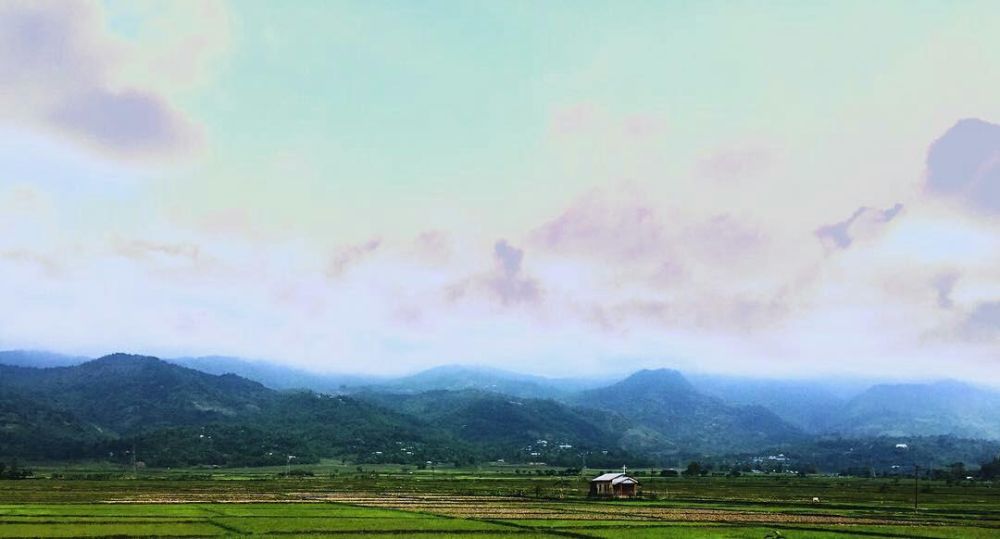

Phubala is a serene village located in the Bishnupur District of Manipur, a state in northeastern India known for its rich culture, diverse wildlife, and stunning landscapes. The history of tourism in Phubala, although not as well-documented as some of India's more prominent destinations, has been influenced by its natural charm and cultural significance.
In the early days, Phubala was just a quiet, picturesque village that caught the attention of travelers seeking a peaceful retreat from the hustle and bustle of city life. The tourism potential of Phubala began to be recognized notably due to its proximity to the Loktak Lake, the largest freshwater lake in North East India.
The history of tourism in this region owes much to the indigenous communities and the culture that have fascinated visitors. Over the years, the Manipuri government and local bodies have taken steps to promote Phubala as a tourist destination, recognizing that sustaining the local economy through tourism can be harmonious with preserving the village's character and natural environment.
Loktak Lake has been a significant draw for tourists. Known for its floating islands, called "phumdis," the lake's unique ecological landscapes serve as the heart of Phubala's allure. The lake also hosts the Keibul Lamjao National Park, which is the only floating national park in the world and home to the endangered Sangai deer, an endemic and iconic species.
The traditional boat races, local handicrafts, dance forms like Thang Ta (a martial art), and the classical Manipuri dance add vibrant cultural threads, making Phubala's tourism palette even richer. The village is also a gateway to numerous historic sites related to the rich history of the kingdom of Manipur, including enchanting temples and relics in and around Bishnupur.
Recently, there has been a growth in homestays and eco-friendly hotels which offer authentic Manipuri experiences to visitors. Sustainable tourism practices are being encouraged, aiming to preserve the environment and ensure that the socio-cultural integrity of the local community is maintained.
Adventure tourism has also seen a rise, with activities like boating, fishing, and trekking becoming popular among tourists. Efforts are being made to promote community-based tourism, which empowers local communities and also provides tourists with a deeper, more insightful travel experience.
Festivals are increasingly becoming a central part of Phubala's tourism, with events like the Loktak Day Festival and Ningol Chakouba attracting visitors from across the globe. These festivals showcase traditional arts, crafts, and cultural performances, further cementing Phubala's position on the tourism map.
Moving forward, Phubala is poised to be one of Manipur's gems in the tourism sector. With responsible tourism practices and the continuous promotion of its natural and cultural heritage, Phubala is expected to see a steady increase in visitor numbers while preserving its pristine beauty and local culture for generations to come.
Tourism in Phubala is not just a journey to a destination; it is an immersion into the rhythm of nature and an understanding of the ancestral heritage of Manipur. As the world moves towards meaningful and sustainable travel experiences, Phubala is set to become a beacon for travelers who seek authenticity and harmony with nature.
Whether you are a nature enthusiast, a culture seeker, or simply in need of a refreshing escape, Phubala welcomes you to experience its enchanting environs and rich traditions. As you plan your trip to this beautiful corner of India, be prepared to be captivated by the charm of Phubala and the warmth of its people.